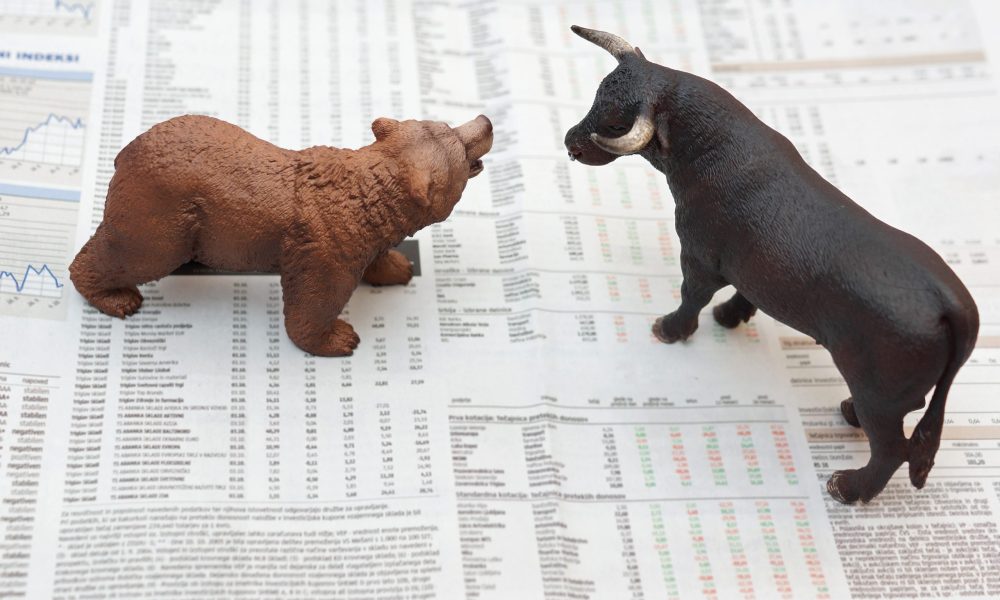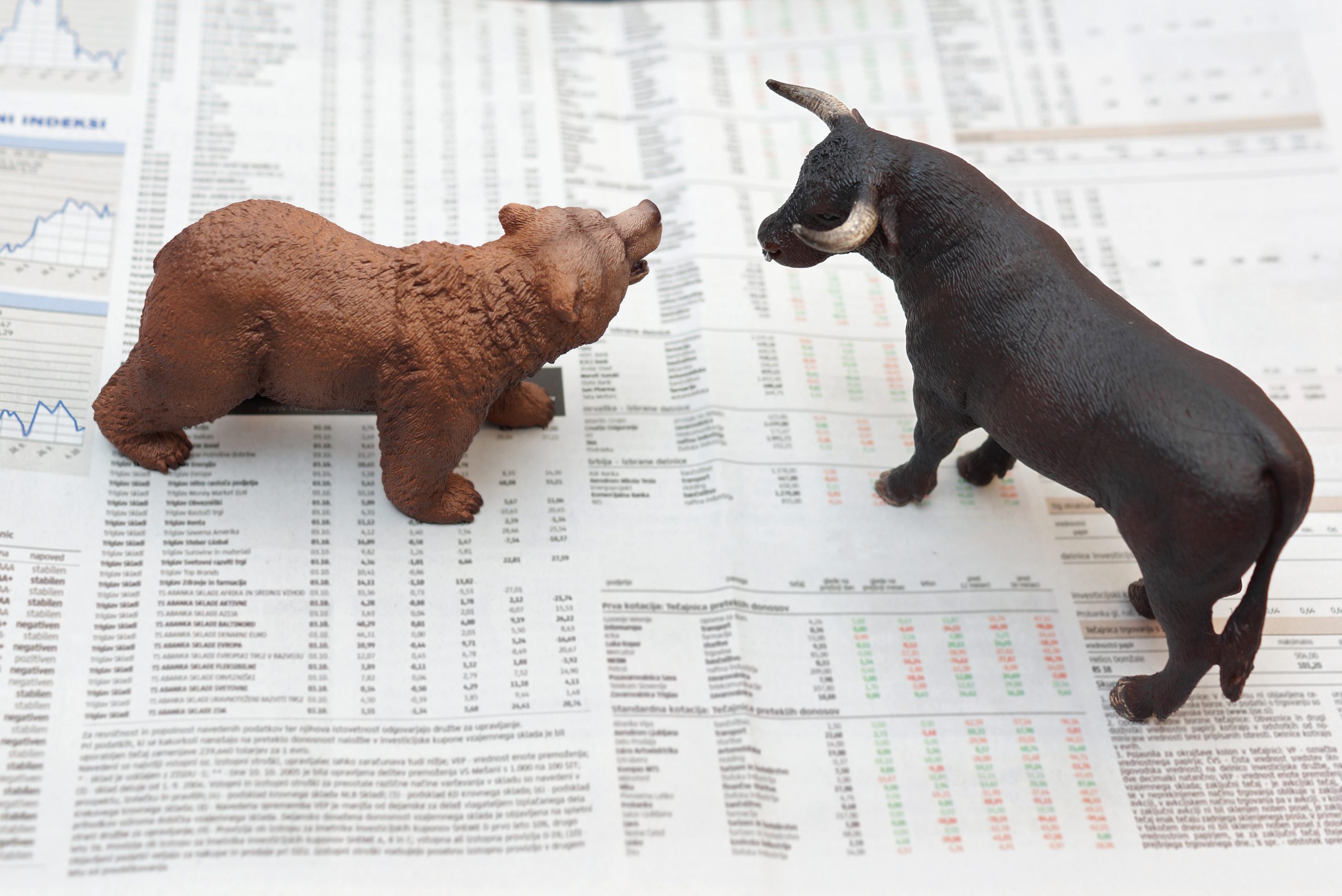Bad start to 2022 just got a whole lot worse

The FTSE 100 dropped 1.3% to close at 7,494 on Friday, the lowest since January 10th, extending losses for the second straight session as investors remained concerned about the impact of rising inflation and tighter monetary policy by major central banks on the slowing economic recovery, according to Trading Economics. European markets are all lower, with the pan-European Stoxx 600 index shedding 1.5% while American stock markets faired even worse, something only The Guardian picked up on. The Dow Jones Industrial Average declined 1646.44 points, or 4.6%, this past week.That looked stellar next to the S&P 500, which fell 5.7%, and the Nasdaq Composite, which dropped 7.6% and is now down 14% from its all-time high back in November. All three suffered their worst weeks since 2020.
Back to normal – whatever normal is?

Will FOGO (fear of going out) change back to FOMO (fear of missing out)?
Netflix forecast new subscriber growth in the first quarter would be less than half of analysts’ predictions.
At the same time, tensions between the US and Russia continued to weigh on sentiment, while energy shares were hit by a decline in crude prices. On the economic data front, British retail sales slumped 3.7% in December, a far bigger hit than the 0.6% fall forecast by markets and the biggest decrease since last January.
Uncertaintly over political leadership hasn’t helped. Martin Hammond, who taught Boris Johnson at Eton in 1982, is reported to have described him thus: “Boris sometmes seems affronted when criticised for what amounts to a gross failure of responsibility. I think he honestly believes that it is churlish of us not to regard him as an excepion, one who should be free of the network of obligation which binds everyone else.”
Netflix tumbled nearly 25%
On January 21 Reuters reported that stay-at-home market darling Netflix slumped on Friday, joining a broad decline in shares of other pandemic favourites this week as investors priced in expectations for a return to normal life with more countries gradually relaxing COVID restrictions.
The (US) drops make a strange kind of sense according to Barrons. Last year’s gains were fuelled by a combination of easy monetary policy from the Federal Reserve, generous handouts from the federal government, and booming corporate earnings. Earnings should still be solid—corporate profits are on pace to grow by 24% during the fourth quarter, according to Refinitiv data—but the dollars have stopped flowing out of Washington and the Fed is preparing to raise interest rates, maybe as early as March. Against that backdrop, the market’s declines are logical. “It’s a rational response to the environment,” says Dave Donabedian, chief investment officer at CIBC Private Wealth US.
Time to go back to work
“This is a confirmation that the economy is gradually moving towards some sort of normalisation,” said Andrea Cicione, head of strategy at TS Lombard.
France will ease work-from-home rules from early February and allow nightclubs to reopen two weeks later, while Britain’s business minister said people should get back to the office to benefit from in-person collaboration.
“With a return to the office and travel lanes opening, darlings of the WFH (work from home) thematic are reflecting the growing reality that the world is moving slowly but with certainty towards a new normalcy,” said Justin Tang, head of Asian research at United First Partners in Singapore.
